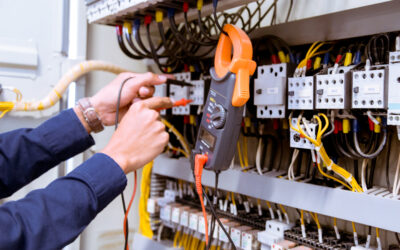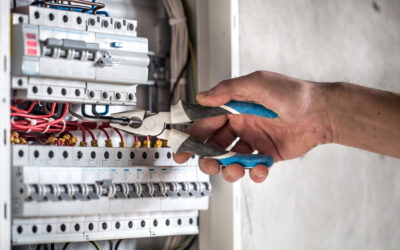EV Chargers

An electric vehicle (EV) has a charging cord that plugs into an electrical outlet. Instead of gas, electricity is the fuel for the car battery. The battery runs the entire car—engine, headlights—the works. The charging cord looks like a gas pump handle but is outfitted to connect to an electrical outlet.
Size matters when it comes to electrical outlets. The electrical outlets in a house are 120 volts which is sufficient to turn on lights, hair dryer or connect your cell phone charger.
You can charge an electric car (an EV) using a 220 volt outlet but it won’t charge the car quickly. It can take 40 to 50 hours to fully charge the car if the electric battery in the car is empty.
If you are refilling the charge on a car similar to topping off a gas tank, it will take less time than the 40 to 50 hours, depending on how full the car battery is when you start to recharge it.
220 volt outlets, commonly used for appliances like washers and dryers can charge an electric car battery from empty in two to four hours. Many electric car owners will install a 220 volt outlet in their garage (if they don’t have a 220 volt outlet installed already) so the owner can recharge the car overnight. This type of electrical outlets can be found at shopping malls, a charging station adjacent to gas station and hotels.
A Direct Current Fast Charger (DCFC) are the fastest chargers available. They vary in size from 50kW hours up to 350kW hours. These chargers can recharge the car in as little as 20 minutes, again depending on how much of a charge is on the battery before recharging begins.
Unlike gas pumps, electric vehicle chargers are not one size fits all. There are three different types of plugs used on electric vehicles sold in the United States. These are determined by the size of the electrical outlets (120 volts, 220 volts or the Fast Charger type – 50kW to 350kW hours). Tesla uses their own charging plug for all three types of electrical outlets. The others car manufacturers (Nissan, Chevrolet, BMW, etc.) use a different type of charging plug. That means public charging stations designed for Tesla’s cannot charge a Nissan.


